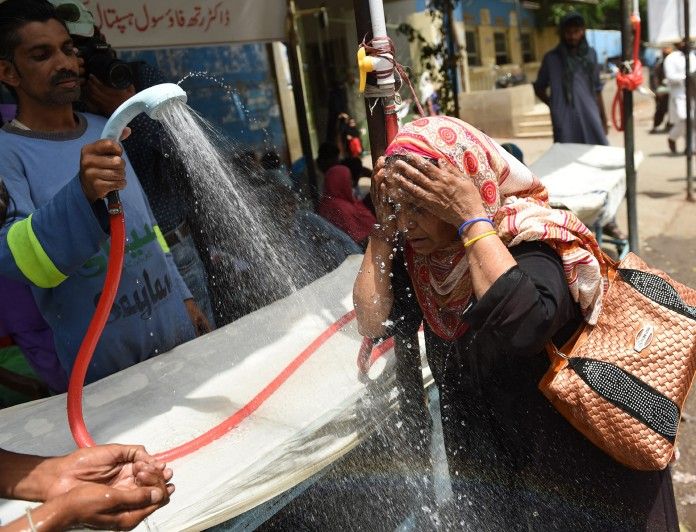
The MENA region faces rapidly increasing demand for cooling, driven by its hot climate, urbanization, and economic growth. At the same time, MENA countries are working to meet their commitments under the Kigali Amendment to the Montreal Protocol the Paris Agreement, phasing down hydrofluorocarbons (HFCs) while transitioning to climate-friendly cooling technologies.
NCAPs provide a vital framework to address this challenge, helping countries develop targeted policies, market incentives, and strategies to reduce emissions and improve energy efficiency in the cooling sector. By adopting NCAPs, MENA countries can unlock the potential to:
- Reduce greenhouse gas emissions by 210–460 billion tonnes of CO2-equivalent globally over the next four decades.
- Build the political will for cross-economy cooling strategies that align with international climate goals.
- Implement their Nationally Determined Contributions (NDCs), and any other national development strategies.
- Mitigate their vulnerability to rising heat.
- Adapt and build their resilience to extreme heat.
This initiative is particularly critical as the region faces growing climate risks and the urgent need to balance rising cooling demand with sustainable solutions. NCAPs will not only accelerate the transition to climate-friendly cooling but also contribute to limiting global temperature rise to 1.5°C while ensuring public health and safety in a warming world.
This project aims to catalyze a policy transformation across the MENA region to accelerate the shift to climate-friendly cooling. By developing NCAPs, the initiative will enable countries to meet their Kigali Amendment commitments while addressing the region’s growing demand for cooling sustainably.
Key objectives include:
- Building capacity among MENA region countries to develop and implement NCAPs in line with the Kigali Amendment by the end of the project.
- Developing actionable NCAPs that can be adopted by at least two countries as models for broader regional adoption.
- Enhancing awareness and skills among national governments to create policies that support climate-friendly cooling technologies and the phase-down of HFC emissions.
Through these efforts, the project seeks to empower MENA countries to become leaders in sustainable cooling, reducing greenhouse gas emissions while safeguarding populations from the impacts of rising temperatures.

Component 1: Adapting NCAP Methodology for the MENA Region
- Tailor the Cool Coalition’s NCAP framework to meet MENA-specific needs.
- Develop regionally adapted guidelines and training materials.
- Create outreach materials for capacity building in the region.

Component 2: Pilot Implementation in Two Countries
- Select two pilot countries through government consultation.
- Map cooling demand and recommend sector-specific solutions.
- Draft customized NCAPs for the pilot countries.

Component 3: Regional Knowledge Exchange and Capacity Building
- Facilitate national workshops and stakeholder coordination.
- Share NCAP best practices through briefings and infographics.
- Organize regional workshops for collaboration and knowledge-sharing.
Funding Partner
Climate and Clean Air Coalition (CCAC)
Implementation Partners
UN Environment Programme (UNEP)
Regional Center for Renewable Energy and Energy Efficiency (RCREEE)

